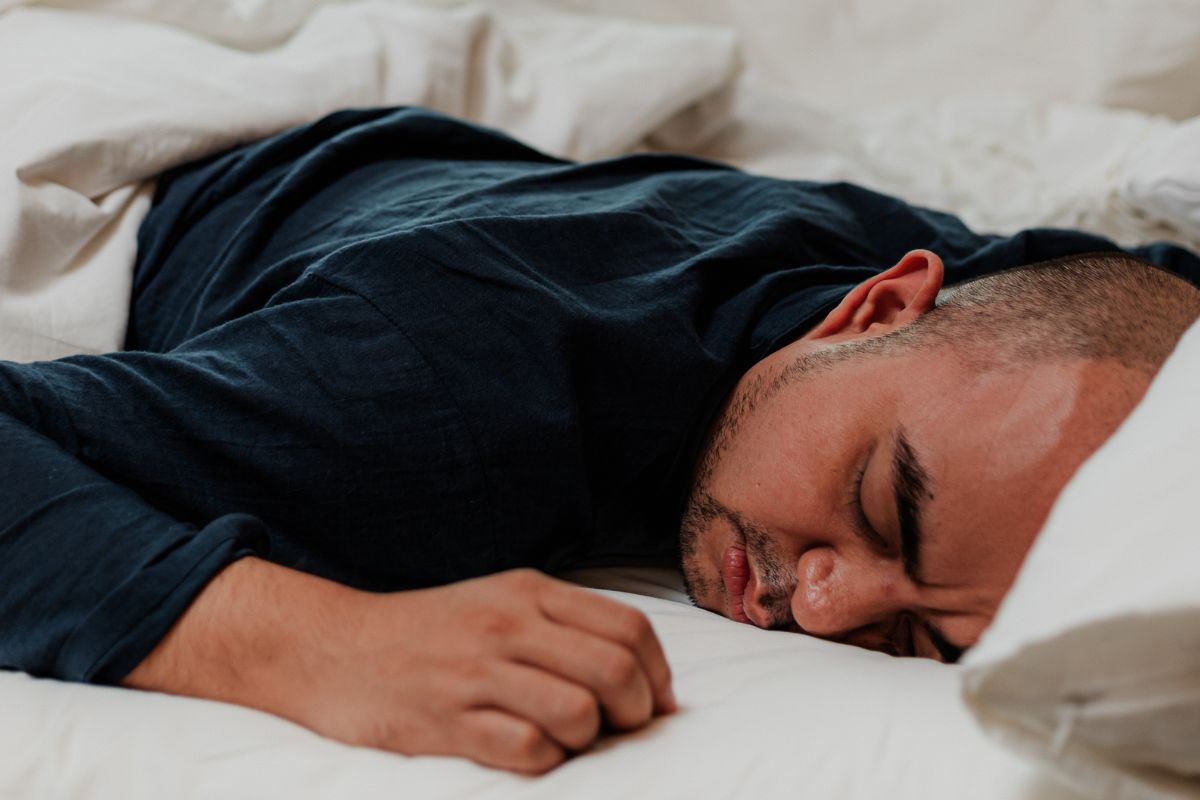Anxiety, epilepsy, learning, memory, depression and insomnia are all related to brain function or dysfunction. Do dietary supplements work to relieve those conditions?
Many people say “yes”. Others say “no.” This article looks primarily at one of the systems involved in all of those conditions. It is called the GABA-ergic system.
Many of the drugs used to treat the conditions target the system in some way. They are referred to as GABA-ergic drugs. One of the problems with the drugs has to do with side effects.
GABA-ergic mechanisms are not restricted to the brain. The same kinds of mechanisms are found in many of the body’s organs and tissues. Examples of locations in which they have been found include the liver and bladder, lungs and upper airways, the fallopian tubes and other reproductive organs, both male and female, the intestines and the stomach.
 Depression and insomnia are serious conditions that you should consult with your doctor about before they worsen.
Depression and insomnia are serious conditions that you should consult with your doctor about before they worsen.Knowing that the mechanisms are found in all of those locations, it should be easy to understand why the drugs can cause such varied side effects throughout the body. But, what is GABA and can it help with depression and insomnia?
GABA is actually an amino acid, although it is never described as such. Most amino acids are used to make proteins and are found in protein-rich foods. GABA is not found in protein.
Protein is an essential component of the human diet. A number of amino acids must be present in the diet in order for the body to build structural proteins used to make cells and fibers. They must be present in the diet, because the human body cannot make them de novo (from nothing).
GABA is not considered a dietary nutrient, although it is present in some foods. It was first found in plants. Dietary supplements containing it are readily available. They are typically marketed for anxiety, sleep and depression. Body builders sometimes take the supplements, because they may increase the production of human growth hormone.
Why don’t doctors recommend GABA for depression and sleep disorders or other conditions in which the system is involved? There is only one reason. It cannot readily cross the blood/brain barrier.
The blood/brain barrier separates fluids within the brain and spinal cord (cerebrospinal fluid) from circulating blood. This protects the fluids from bacteria and viruses that could be circulating in the bloodstream.
Some nutrients such as glucose and amino acids will pass though the barrier. Hormones and other bio-chemicals can pass through. But many chemical compounds are not able to pass through the barrier.
This is one of the reasons that drug treatment of conditions involving the brain has always been challenging. It is also the reason that the mainstream medical community feels that most dietary supplements do not work for depression and insomnia or other sleep disorders.
Alternative practitioners believe in the benefits of nutritional supplementation or herbal remedies for several reasons. First, they are natural. Most have been used as foods. They are generally recognized as safe.
Second, there are fewer side effects. Practically all drugs have some negative effect on the liver. While some herbs could cause liver damage if taken to excess, nutrients taken according to the directions cannot damage the liver.
When it comes to GABA, sleep and depression, nutrients that could be beneficial are glutamates and the active form of vitamin B6. Those are the nutrients used by the body to make GABA. They must be able to cross the blood/brain barrier. Otherwise, GABA would not exist in the brain.
Glutamates may also be referred to as glutamic acid. It is classified as a non-essential amino acid, because the body can synthesize it. However, the process needed to synthesize the amino acid is complex. Supplementation could help.
Other supplements that could be beneficial for depression and insomnia include the omega-3s DHA and EPA, melatonin, 5-HTP and many of the B vitamins. Those who are under a doctor’s care should discuss the benefits of dietary supplements. Everyone should follow the supplement manufacturer’s directions carefully.
Related Articles:









New! Comments
Share your tips and feedback. Leave me a comment in the box below.